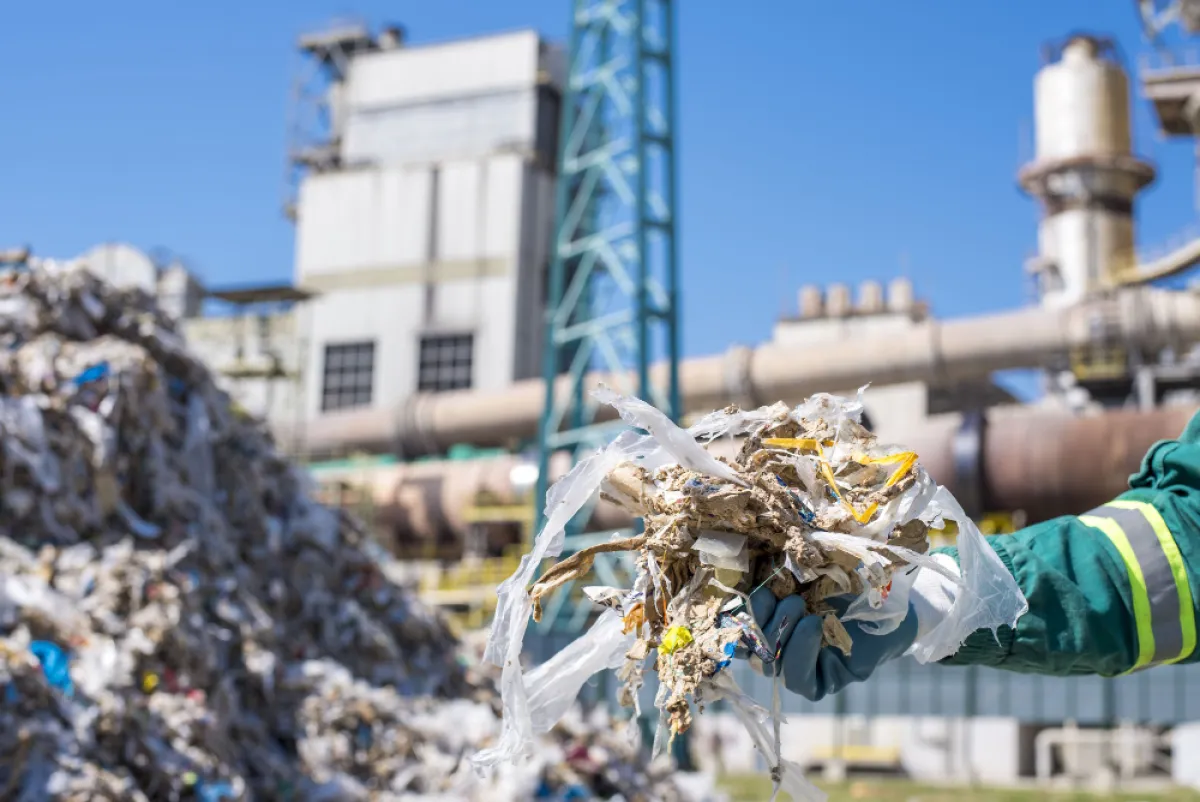
Effective community waste management is crucial and needs to be efficiently administered by local government organizations, which are the closest to the community, to reduce and prevent disease spread and other environmental issues.
In 2022, Thailand had 2,074 operational public and private solid waste disposal sites, with only 111 sites, or 5%, adhering to the correct scientific principles. The remaining 1,963 sites, or 95%, were operated improperly, which is a significantly high proportion.
The problems encountered include insufficient budget for waste management in many local governments, many waste disposal sites receiving more waste than their capacity can handle, difficulty in securing new waste disposal locations due to local opposition, and difficulty enforcing laws on private waste disposal sites, resulting in recurring problems such as landfill fires, pollution from improper waste disposal, and leachate from landfills.
Therefore, the Department of Pollution Control is preparing to upgrade the improperly managed waste disposal sites. This is one of the measures under the 2nd National Waste Management Plan (2022 - 2027) aimed at enhancing the efficiency of the waste management system to achieve the goals and indicators outlined in the national plan. The plan's first goal is to ensure that by 2027, 80% of community waste is managed properly.
Proposals to upgrade these inappropriate waste disposal sites have been submitted to the Director-General of the Department of Local Administration and related agencies, sent to the Provincial Governors, and local level organizations to serve as a framework for local government organizations in upgrading improper waste disposal sites. This would enable all relevant agencies to jointly drive and support efficient waste management.
Data updated on May 3, 2023
Source : Department of Pollution Control
Tel: +66 2298 2000